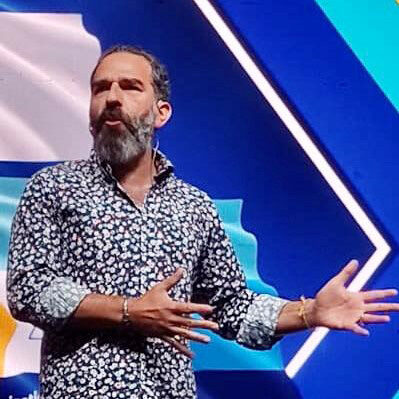Shalom friends,
This week I had the priviledge of traveling to Poland with a good friend from the age of 5 (or so), Gil Weisblum. His father is a Holocaust survivor. Gil traveled with his family on a trip to Poland 15 years ago and saw “all that was needed to be seen”; his father’s village, the concentration camps, etc… Yet there was one stop he didn’t make, it was to his ancestor’s grave in Ljensk, Rabbi Elimelech Weisblum. Rabbi Elimelech was a Hasidic master, in the 18th century (1717), with a great following and lots of Torah to teach. And so, when Gil told me he was finally making this most meaningful pilgramige back to Poland, to visit this site, I thought this was an opportunity I did not want to miss.
My family also survived the Holocaust, my mother was born in Poland and made Aliyah at the age of 3. I thought, here I could visit the grave of a tzaddik, be a part of my friend’s journey, and personally fulfill a wish I had to visit and explore my own roots.
And yet, on this trip we experienced something we could not anticipate earlier – a transformative experience. There is something about memory that I find extraordinarily meaningful, it is through memory, connecting with our past, that we find ourselves equipped to live with meaning in the present and into the future. This trip was not only a Holocaust or “family roots” trip. It was a journey through one chapter of the Jewish narrative, a chapter overlooked – in the face of death and horror. On this journey we found sparks of light, remnants of a rich Jewish life, pre-Holocaust, saturated in learning, spiritual elevation, and community.
This week’s Torah portion, in Sefer Devarim (Deuteronomy), is Re’eh (See). The Israelites are to “See” (or behold) all the mitzvoth, commandments, and requirements God has put before them.
During our stop at Rabbi Elimelech’s grave, we studied some of his Torah, his commentary on this specifc Torah portion. In it Rabbi Elimelech speaks of the word Re’eh, and it’s present tense; not merely something that occurred at a specific moment, but rather a constant act, a continuous “seeing”.
In life we often find ourselves pushing forward, wanting to do things, in an attempt to realize our dreams and find meaning. It is important to look ahead and one day realize our aspirations, yet at times, tapping into our memory, looking back, is what provides us with the ability to See all that is constantly before us.
Shabbat shalom

